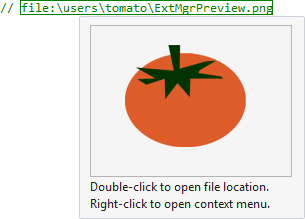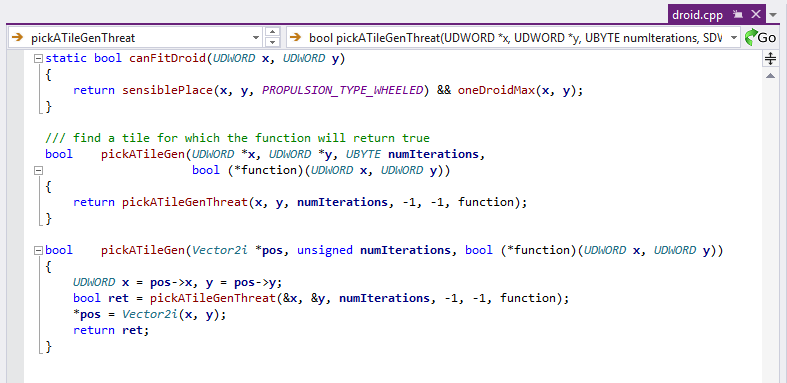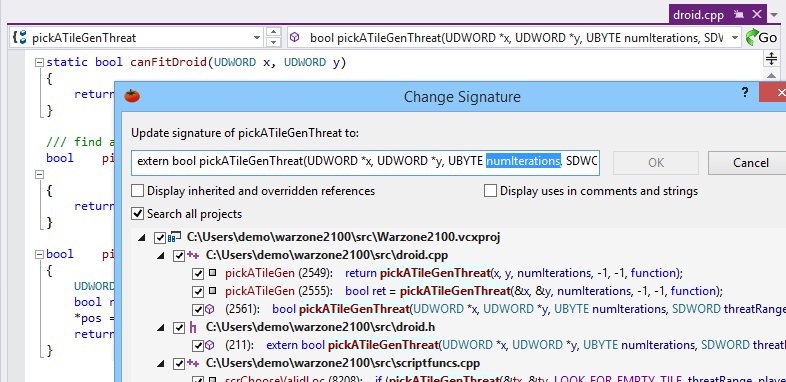
Although scoping reviews may also be used to inform policy and practice, the type of decisions they inform are not necessarily related to questions of feasibility, appropriateness, or effectiveness, but more so around priorities for research, clarifying concepts and definitions, providing research frameworks or providing background, or contextual information on phenomena or concepts. Scoping reviews map the literature and provide an overview of evidence, concepts, or studies in a particular field. As such, systematic reviews will often inform policy decisions and clinical practice and may form the basis of trustworthy clinical guidelines. For example, these decisions could relate to the effectiveness of an intervention, prognosis of a condition, diagnostic accuracy of a test, and experiences of a phenomenon (Munn, Stern, et al., 2018). A systematic review should be conducted if the intention is to produce evidence to inform decisions about feasibility, appropriateness, meaningfulness, or effectiveness of a particular treatment or practice (Munn, Peters, et al., 2018 Munn, Stern, et al., 2018). The major differences between scoping and systematic reviews are the purposes for conducting these investigations and the intended use of the results (Peters, Godfrey, et al., 2020). For example, both scoping reviews and systematic reviews provide a synthesis of evidence to address a particular research question after a rigorous and systematic search of available literature (Peters, Godfrey, et al., 2020). Scoping reviews share some similar methodological principles as other types of evidence synthesis. Each has its merits, but they are not all suitable for all research questions. There are several approaches for conducting evidence synthesis (Grant & Booth, 2009 Munn et al., 2018). When planning any research project, it is important to select the correct methodology. When should a scoping review methodology be selected? This guidance was developed through a consultative process with key stakeholders (Khalil et al., 2020 Peters, Godfrey, et al., 2020 Peters, Marnie, et al., 2020).Ĥ.1.

The aim in developing the guidance was to clarify each element required in a scoping review (Peters, Godfrey, et al., 2020).

In response to ongoing concerns about the scoping review methodology, the JBI guidance for scoping reviews was developed by a working group of methodological experts (the Scoping Review Methodological working group).

These initial attempts have provided guidance to many researchers, but a lack of methodological clarity continues to exist, particularly with regards to the analysis of data. Extensions of this framework were later provided by Levac et al. ( 2010) in response to confusion and criticisms of the Arksey and O'Malley approach. The first framework for conducting a scoping review was proposed by Arksey and O'Malley ( 2005) and remains popular across disciplines (Pham et al., 2014). The purpose of the current study is to highlight available methodological resources and best‐practice guidelines for the development and completion of scoping reviews relevant to nursing and midwifery practice and research. Tricco et al. ( 2016) conducted a review of scoping reviews and found variability in approach among the 494 included reviews and highlighted the need for a standardized reporting guideline specific to the scoping review approach. Criticism of researchers' approaches to conducting scoping reviews is not limited to the field of nursing. Their findings suggested that scoping reviews in the discipline were poorly understood and there was a lack of consistency and methodological rigour (Davis et al., 2009). Davis et al. ( 2009) undertook a review that explored the nature and status of scoping review studies in nursing literature. As the popularity of scoping reviews has increased, so too have the criticisms of this methodological approach for synthesizing evidence (Davis et al., 2009 Tricco et al., 2016). Scoping reviews have become increasingly popular, particularly in the health and social science disciplines, and they are broadly accepted as a helpful adjunct for informing new research projects (Pham et al., 2014 Tricco et al., 2016). The results of scoping reviews can provide indications for where further research may be required and inform the development of these research endeavours (Khalil et al., 2016 Munn, Peters, et al., 2018 Tricco et al., 2016). Foundational concepts and evidence can be mapped, allowing for examination of practice, policy, and research and gaps in evidence and policy can be identified.

Scoping reviews are an invaluable form of evidence synthesis.


 0 kommentar(er)
0 kommentar(er)
